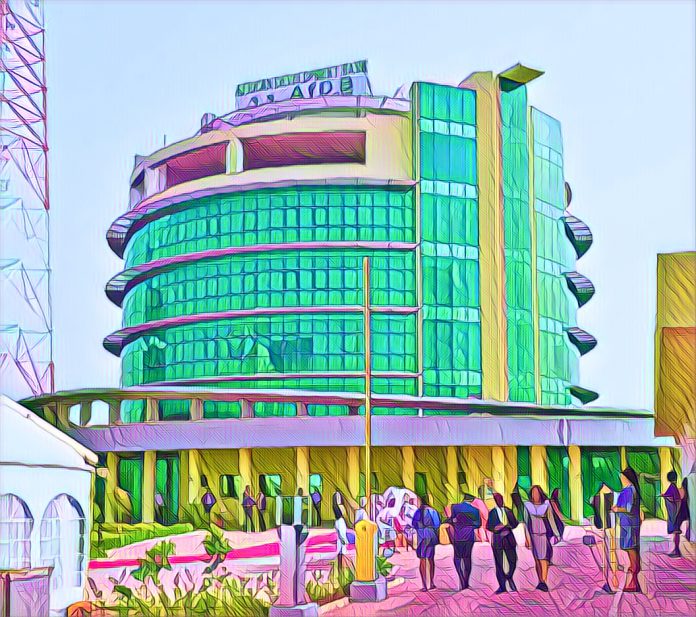The African Development Bank (AfDB) has updated its macroeconomic forecast for Africa, anticipating a slowdown in the short to medium term for 2023 and 2024. The revised forecast anticipates growth rates of 3.4% and 3.8%, a decrease from the earlier projections of 4.0% and 4.3%.
This update appears in 2023 Africa’s Macroeconomic Performance and Outlook (MEO) update, following the AfDB’s 2023 Africa Economic Outlook released in May. The revision accounts for challenges such as the ongoing effects of COVID-19, geopolitical tensions, climate-related disruptions, a global economic downturn, and African governments’ limited fiscal response capacity.
Inflation remains a pressing issue, with an expected average rate of 18.5% in 2023 and 17.1% in 2024 across Africa. The MEO update recommends that countries maintain restrictive monetary policies to control inflation and support these with fiscal policies that encourage economic diversification and tackle supply-side constraints.
Governments should prioritize investment in human capital and physical infrastructure to boost productivity, drive economic growth, and ensure inclusive, sustainable development.
The report shows a significant increase in updated inflation rates, mainly due to supply shocks in agriculture, imported inflation from weaker local currencies, high commodity prices, and fiscal dominance in several African countries, leading to reduced purchasing power and heightened poverty.
According to a report by Vanguard, the global economic slowdown, especially in advanced economies and China, is reducing demand for African exports. This trend, expected to continue, will likely pressure economies dependent on commodity exports, especially to China.
The statement recognizes potential opportunities for economic recovery with strong policy support in China, which could positively affect African countries. Nonetheless, risks like climate shocks, geopolitical tensions, and the ongoing Ukraine conflict pose significant threats to global trade and investment flows, affecting African economies.
To address these challenges, the AfDB recommends coordinated monetary and fiscal policies, targeted investments to relieve supply constraints, and efforts to address structural weaknesses. These strategies aim to rekindle economic recovery and set African economies on a path to sustainable growth.
The report also highlights the need to eliminate barriers to domestic supply responsiveness to high international commodity prices, enhance labor productivity through strategic investments, and improve domestic resource mobilization to overcome current funding limitations.
Prof. Kevin Urama, AfDB’s Chief Economist and Vice President, acknowledges the challenging global economic environment and its influence on Africa’s macroeconomic performance. He stresses the Bank’s dedication to helping African countries navigate these challenges and achieve economic growth.
Launched in January 2023, the MEO report complements the AfDB’s annual African Economic Outlook by focusing on emerging policy issues pertinent to the continent’s development. Published biannually, it offers insights into Africa’s evolving macroeconomic conditions amid unprecedented global shocks.



